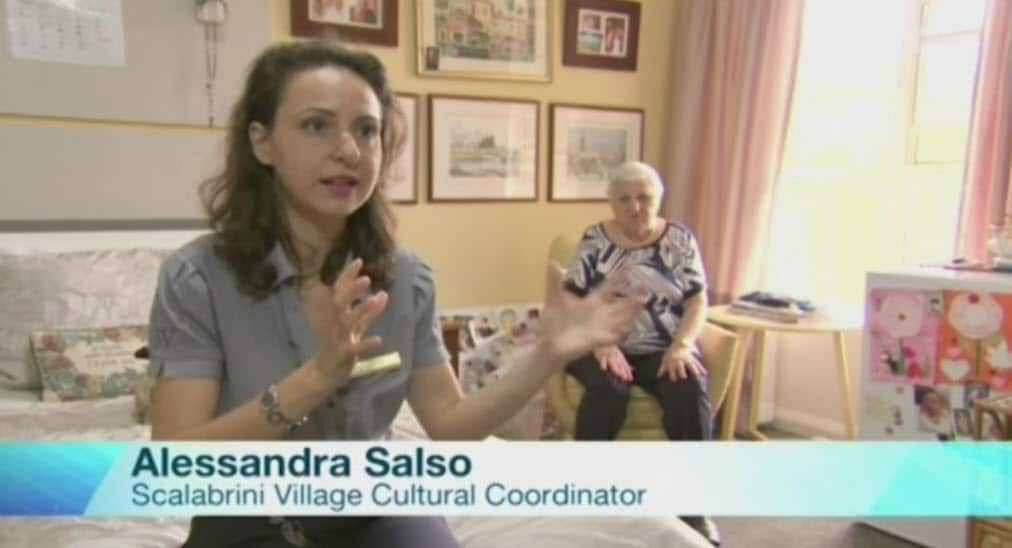A new national aged care framework aims to improve services for different cultural and LGBTQI communities.
The government's Aged Care Diversity Framework aims to make more services available to suit specific needs for the elderly.
The framework identifies six priority areas - such as making information material in different languages easier to access and providing more inclusive and culturally respectful services.
It also spells out the need for a proactive and flexible system that can respond to the existing and emerging diverse groups and support the most vulnerable - irrespective of personal or economic needs.
Aged Care Minister Ken Wyatt said more than a third of Australian seniors were born outside of Australia.
"We often build services that are one size fits all, it's expedient, it's efficient but when you think about diverse groups, we need to think differently."
Creating a workforce as diverse as the residents in their care is a key part of the plan.
The Nursing and Midwifery Federation welcomed the framework and called on service providers to invest more in staff.
Secretary Lee Thomas said many workplaces are too stretched to provide the specialised care needed for different cultural groups.
"They are doing the best they possibly can under extraordinary circumstances in some cases, looking up to 150 residents on a shift."
While the government is open to approving 457 visas for overseas aged care workers, Ms Thomas said that was not necessary in most cases.
Mary Patetsos, from the Federation of Ethnic Communities' Councils of Australia, said the framework was a significant step forward to recognising the need for tailored aged care.
"It's not about extra funding, it's really about making sure that we build the service model to suit the individual and those individuals are not all the same."
The sector also needs to address the challenges of caring for elderly Aboriginal people, particularly for members of the Stolen Generation.
"When I talk to them they say we don't want to go into aged care because when we were in an institution, we experienced terrible things and (ask) is aged care going to be the same?" Mr Wyatt said.
Action plans to implement the goals set out in the framework will be developed next year.
Keeping on living

Alessandra Salso is the cultural coordinator of Scalabrini Village. Source: AAP
Cultural coordinator Alessandra Salso said the village provides activities in Italian, Greek and Latvian - such as cooking and outings.
"For us it's very important that when they come here, they keep on doing the things that they were doing before. We don't want anyone to stop living," Ms Salso said.
Cecilia Roncolato, 80, moved into Scalabrini Village two and a half years ago when her husband died.
Every Thursday, she teaches visiting students Italian.
She decided the aged care facility was a better option than living with her son and daughter-in-law.
"Well I like the people in here, Alessandra she organises so many good things, you're never bored in here," Mrs Roncolato said.









